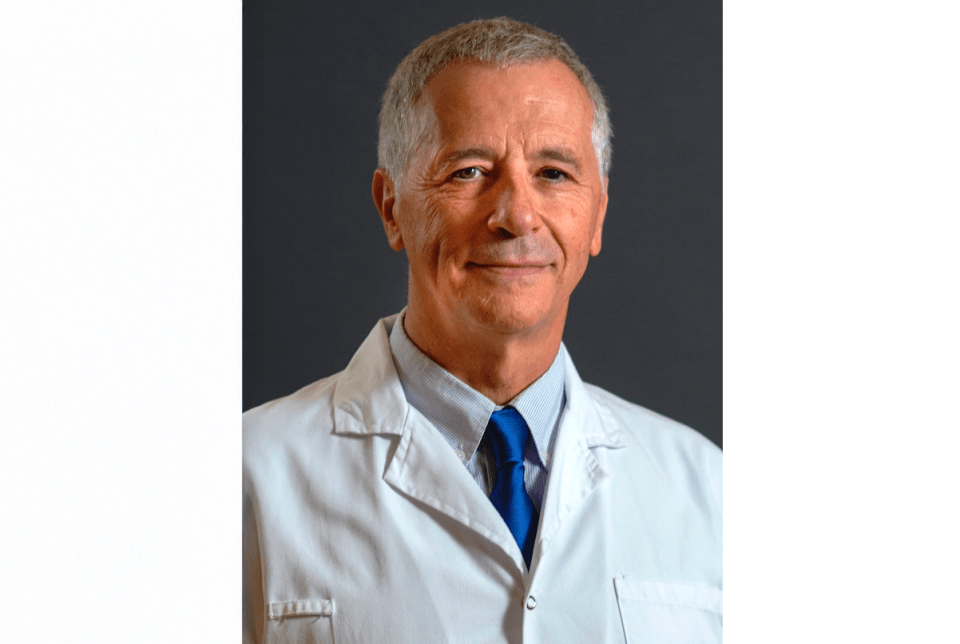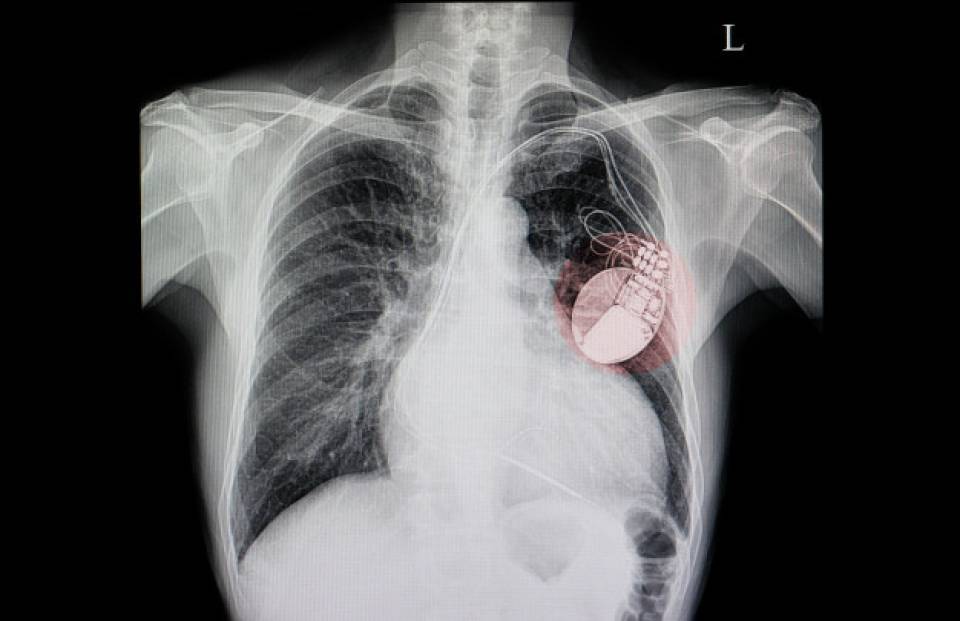Substantiated information by:

Alba Cano Valls
Nurse
Atrial Fibrillation Unit

Eduard Guasch Casany

Josep Lluís Mont Girbau
Cardiologist
Atrial Fibrillation Unit

Manel Castellà Pericas
Cardiac Surgeon
Cardiovascular Surgery Head of Department
Published: 27 November 2018
Updated: 27 November 2018
The donations that can be done through this webpage are exclusively for the benefit of Hospital Clínic of Barcelona through Fundació Clínic per a la Recerca Biomèdica and not for BBVA Foundation, entity that collaborates with the project of PortalClínic.
Subscribe
Receive the latest updates related to this content.
Thank you for subscribing!
If this is the first time you subscribe you will receive a confirmation email, check your inbox
An error occurred and we were unable to send your data, please try again later.











